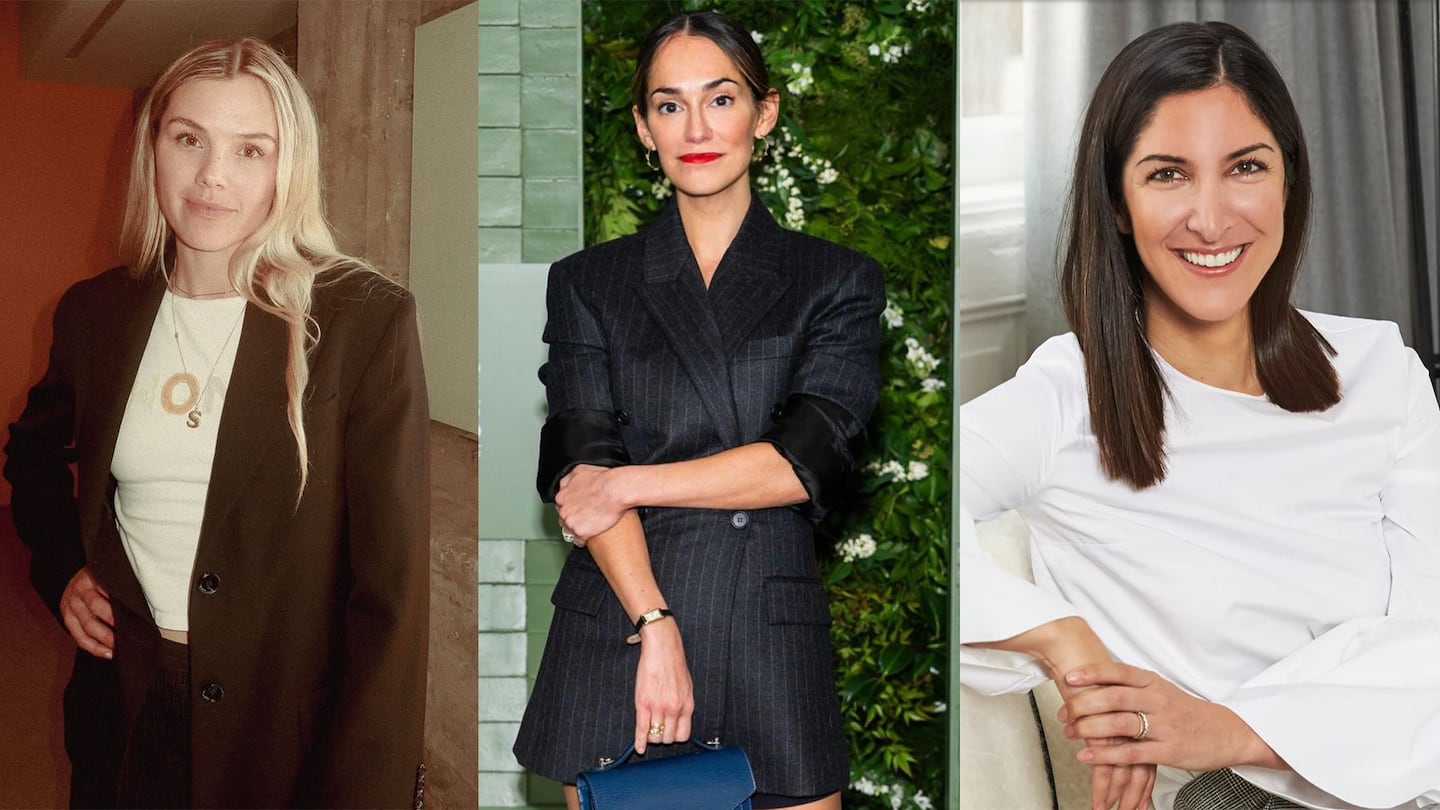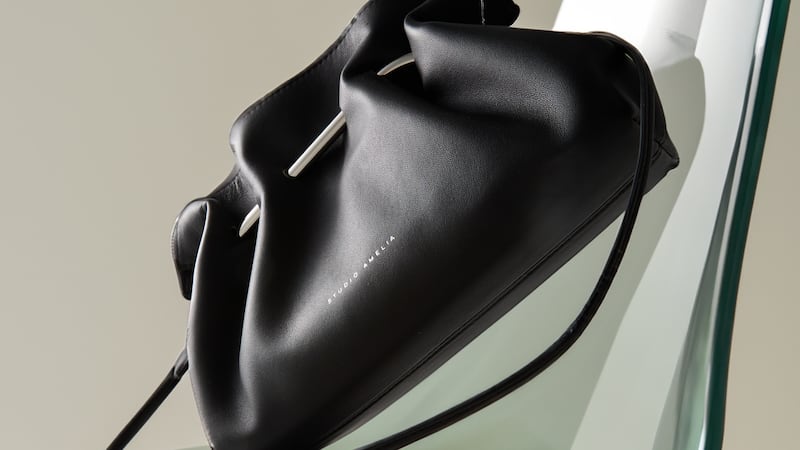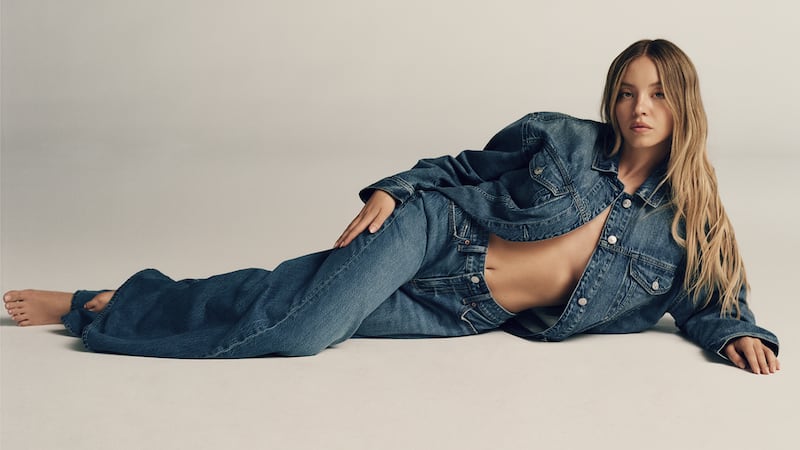Agenda-setting intelligence, analysis and advice for the global fashion community.
The great Girlboss Implosion that came to a peak in 2020 created a whole category of startup founders who seemed destined to be banished from the business world forever.
They were a group of mostly young, white women who capitalised on the 2010s Instagram era, building media-savvy, aspirational lifestyle brands that were tied to their magnetic public images. They sold not only luggage, makeup and workout gear but also the idea that buying their products meant you were supporting feminism and inclusivity. (The term “girlboss” was a product of the same era, coined by retailing entrepreneur Sophia Amoruso in 2014.)
But as corporate America struggled through its own racial reckoning in the aftermath of the murder of George Floyd, many of these founders were accused of everything from racism to creating toxic work environments to just plain bad management — sins made worse by the feeling that they were not actually living up to the ideals that they had hawked. They’d embraced a press that had fawned over their promises to create a better kind of business on their way up, and then got burned by it for their hypocrisy on the way down. One by one, in a very public and embarrassing fashion, they resigned.
Five years later, a crop of the original girlbosses is reemerging. Last week, Tyler Haney said she was returning to her athletic apparel brand Outdoor Voices. Audrey Gelman, who came to fame with her women’s social club and co-working space The Wing, has launched a hospitality company. Steph Korey Goodwin, co-founder of luggage brand Away, started a children’s brand. Reformation founder Yael Aflalo has a new clothing line.
ADVERTISEMENT
I never thought I’d say it, but I’m happy they’re back. I’m not absolving them of their very real misdeeds. But the business world has given second chances to plenty of male founders of the same era who were often accused of worse — if they even faced any real consequences at all. We should hold all executives to a higher bar than we currently do. But since that doesn’t seem to be in the cards, we shouldn’t create a whole other set of standards for female leaders. I say all this at the same time that I wish a new, more diverse set of founders was being given access to the paltry amount of funding that’s granted to women.
This time around, the girlbosses are doing it differently. The lesson they seem to have taken from their first flameouts is not that they should now build the kind of inclusive companies they initially failed to create; instead, it’s that they should shake off their connections to the kind of progressive politics they once embodied.
The change-the-world vibes have vanished. Aflalo no longer talks about sustainability or a desire to cater to a customer who wants to be “a good person.” Haney seems unconcerned about what being labeled “Elon Musk’s reply guy” might signal about her own politics.
Gelman’s transformation is perhaps the most telling. She was the first visibly pregnant CEO to grace the cover of a business magazine, projecting an image of rise-and-grind and having-it-all culture. Her new enterprise leans cottagecore and tradwife and, as the New York Times has noted, is missing any social or political mission: In The Wing’s “fantasy world, women had board seats and book deals, leaning in or on each other to get ahead. Her new world harks back to eras when a woman’s domain was her home, before she had suffrage or a credit card.”
Part of the makeover reflects the marketing shrewdness these founders have always possessed. They know we are now living in an anti-woke culture that’s more than willing to let the bad guys of the pandemic years reinvent themselves. Society writ large seems to no longer care as much about the kind of transgressions they were ousted over, nor does it demand that companies have a cause or do-gooder mission.
A common thread throughout these new ventures appears to be one of maintaining control. Both Haney and Goodwin have publicly signalled that they regret taking on so much funding during their last go-around, saying that it diluted their equity and that it’s something they won’t do again. (Female founders across the board are granted less than half the equity owned by their male counterparts.)
It’s a reminder that the girlboss formula many women of the era took on was not solely their own choice, but one that was required of them by their (mostly male) investors. This time, they seem much more intent on being viewed simply as a businessperson rather than embracing their status as female founders. That may be a strategic move, a sign of the times or simply a reflection of how they now see themselves. And while I might wish women in power weren’t so eager to leave feminist ideas behind, if any of these ex-girlbosses does manage a successful comeback, I’ll happily chalk it up as a win for female entrepreneurs.
By Beth Kowitt




